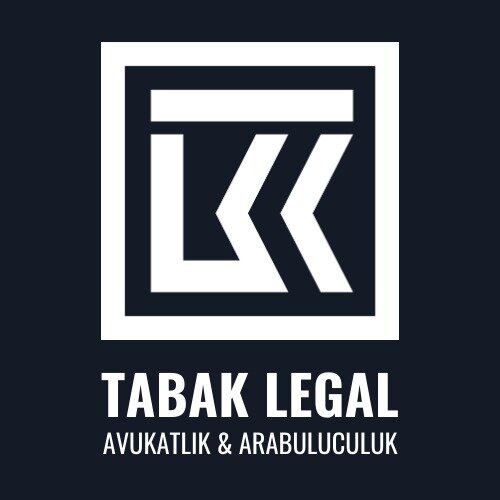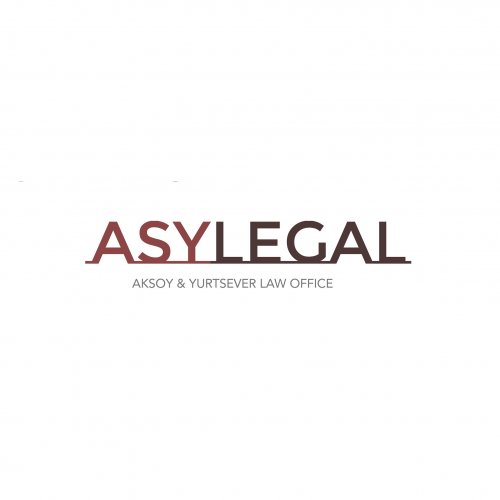Best E-commerce & Internet Law Lawyers in Istanbul
Share your needs with us, get contacted by law firms.
Free. Takes 2 min.
List of the best lawyers in Istanbul, Turkey
About E-commerce & Internet Law in Istanbul, Turkey
E-commerce & Internet Law in Istanbul, Turkey, is a rapidly evolving field influenced by both national regulations and the dynamic nature of digital commerce. With Istanbul being a major hub for business and a gateway between Europe and Asia, understanding the legal framework that governs online transactions, data protection, and digital marketing is crucial for businesses and individuals alike. The integration of Turkish law with EU standards, especially concerning consumer protection and data privacy, adds another layer of complexity and importance to E-commerce & Internet Law.
Why You May Need a Lawyer
Legal assistance in E-commerce & Internet Law may be essential in various scenarios, such as:
- Starting an Online Business: Ensuring compliance with local regulations, setting up terms of service, and understanding tax implications.
- Protecting Intellectual Property: Securing trademarks, copyrights, and protection against infringement.
- Data Privacy Concerns: Implementing data protection measures in line with Turkey’s Personal Data Protection Law and GDPR if applicable.
- Dispute Resolution: Handling conflicts with customers, vendors, or partners that require legal intervention.
- Contractual Agreements: Drafting and reviewing e-commerce agreements, supplier contracts, and service agreements.
Local Laws Overview
Several key laws regulate E-commerce & Internet activities in Istanbul, Turkey:
- Law No. 6563 on the Regulation of Electronic Commerce: Governs the legal framework for online trading, including obligations for service providers and consumer protection rules.
- Law No. 6698 on Personal Data Protection: Protects individual privacy, mandating how businesses must handle personal data.
- Intellectual Property Laws: Protect copyrights, trademarks, and patents to secure digital content and innovations.
- Consumer Protection Law: Ensures fair trade practices and consumer rights in online transactions.
- Law on Regulating Broadcasting in the Internet and Fighting against Crimes Committed through Internet Broadcasting: Addresses issues related to online content, defamation, and illegal activities.
Frequently Asked Questions
1. Do I need to register my e-commerce business in Turkey?
Yes, if you are planning to operate within Turkey, you must register your business with the relevant Turkish authorities and comply with local legal requirements.
2. What are the key data privacy obligations for online businesses in Turkey?
Businesses must adhere to the Turkish Personal Data Protection Law (KVKK), which entails obtaining explicit consent for data processing and implementing measures to safeguard personal data.
3. Are international e-commerce platforms subject to Turkish laws?
Yes, international platforms operating within Turkey must comply with Turkish regulations, including consumer protection and data privacy laws.
4. How do I protect my online business's intellectual property?
It is important to register trademarks, copyrights, and patents as applicable. Legal counsel can guide you through these processes to ensure robust protection.
5. What is the process for resolving e-commerce disputes in Turkey?
Disputes can be resolved through negotiation, arbitration, or court proceedings. Engaging a lawyer experienced in e-commerce disputes can facilitate the process.
6. Does Turkish law regulate digital advertising and marketing?
Yes, Turkish law includes provisions regulating digital marketing activities, including spam and misleading advertisements.
7. How are consumer complaints handled in e-commerce?
Consumers can lodge complaints with consumer arbitration boards or take legal action. E-commerce businesses should have clear dispute resolution procedures in place.
8. Are there special tax considerations for e-commerce businesses in Turkey?
Yes, there are specific tax obligations for digital goods and services, and consulting a tax advisor familiar with e-commerce is advisable.
9. What should be included in e-commerce terms and conditions?
Key components include payment terms, delivery policies, return and refund policies, and liability limitations.
10. Can I sell anywhere in the EU if compliance with Turkish law is ensured?
While compliance with Turkish law is crucial, each EU country may have additional regulations, so EU compliance must be separately assessed.
Additional Resources
For more information and assistance, consider the following resources:
- Ministry of Trade: Offers guidance and regulations related to trade and e-commerce.
- Turkish Data Protection Authority (KVKK): Provides information and updates on data protection regulations.
- Turkish Patent and Trademark Office: Assists with intellectual property rights protection.
- E-commerce associations and chambers of commerce: Offer support and networking opportunities for e-commerce businesses.
Next Steps
If you require legal assistance in E-commerce & Internet Law in Istanbul, Turkey, consider the following steps:
- Research and Identify: Identify lawyers or law firms specializing in E-commerce & Internet Law.
- Consultations: Arrange consultations to discuss your needs and understand potential legal strategies.
- Documentation: Prepare necessary documents such as business registration, contracts, and any pertinent paperwork for legal review.
- Stay Informed: Keep updated on changes in local and international e-commerce regulations that may impact your operations.
Lawzana helps you find the best lawyers and law firms in Istanbul through a curated and pre-screened list of qualified legal professionals. Our platform offers rankings and detailed profiles of attorneys and law firms, allowing you to compare based on practice areas, including E-commerce & Internet Law, experience, and client feedback.
Each profile includes a description of the firm's areas of practice, client reviews, team members and partners, year of establishment, spoken languages, office locations, contact information, social media presence, and any published articles or resources. Most firms on our platform speak English and are experienced in both local and international legal matters.
Get a quote from top-rated law firms in Istanbul, Turkey — quickly, securely, and without unnecessary hassle.
Disclaimer:
The information provided on this page is for general informational purposes only and does not constitute legal advice. While we strive to ensure the accuracy and relevance of the content, legal information may change over time, and interpretations of the law can vary. You should always consult with a qualified legal professional for advice specific to your situation.
We disclaim all liability for actions taken or not taken based on the content of this page. If you believe any information is incorrect or outdated, please contact us, and we will review and update it where appropriate.
















